 Harvest Moon: Home Sweet Home has been a very interesting game to follow pre-release. I say this not only because it is a premium mobile-first Harvest Moon game, but also because the reactions from my friends who are longtime fans of the series have gone from apathy to interest with every bit of gameplay shown. Harvest Moon: Home Sweet Home launched recently on iOS and Android as a mobile-exclusive entry in Natsume’s Harvest Moon series, and I’ve been playing it for about a week and a half now on iPhone 15 Pro and iPad Pro for review. Harvest Moon: Home Sweet Home is a very good farming simulation game, but one that is held back by a few issues right now.
Harvest Moon: Home Sweet Home has been a very interesting game to follow pre-release. I say this not only because it is a premium mobile-first Harvest Moon game, but also because the reactions from my friends who are longtime fans of the series have gone from apathy to interest with every bit of gameplay shown. Harvest Moon: Home Sweet Home launched recently on iOS and Android as a mobile-exclusive entry in Natsume’s Harvest Moon series, and I’ve been playing it for about a week and a half now on iPhone 15 Pro and iPad Pro for review. Harvest Moon: Home Sweet Home is a very good farming simulation game, but one that is held back by a few issues right now.
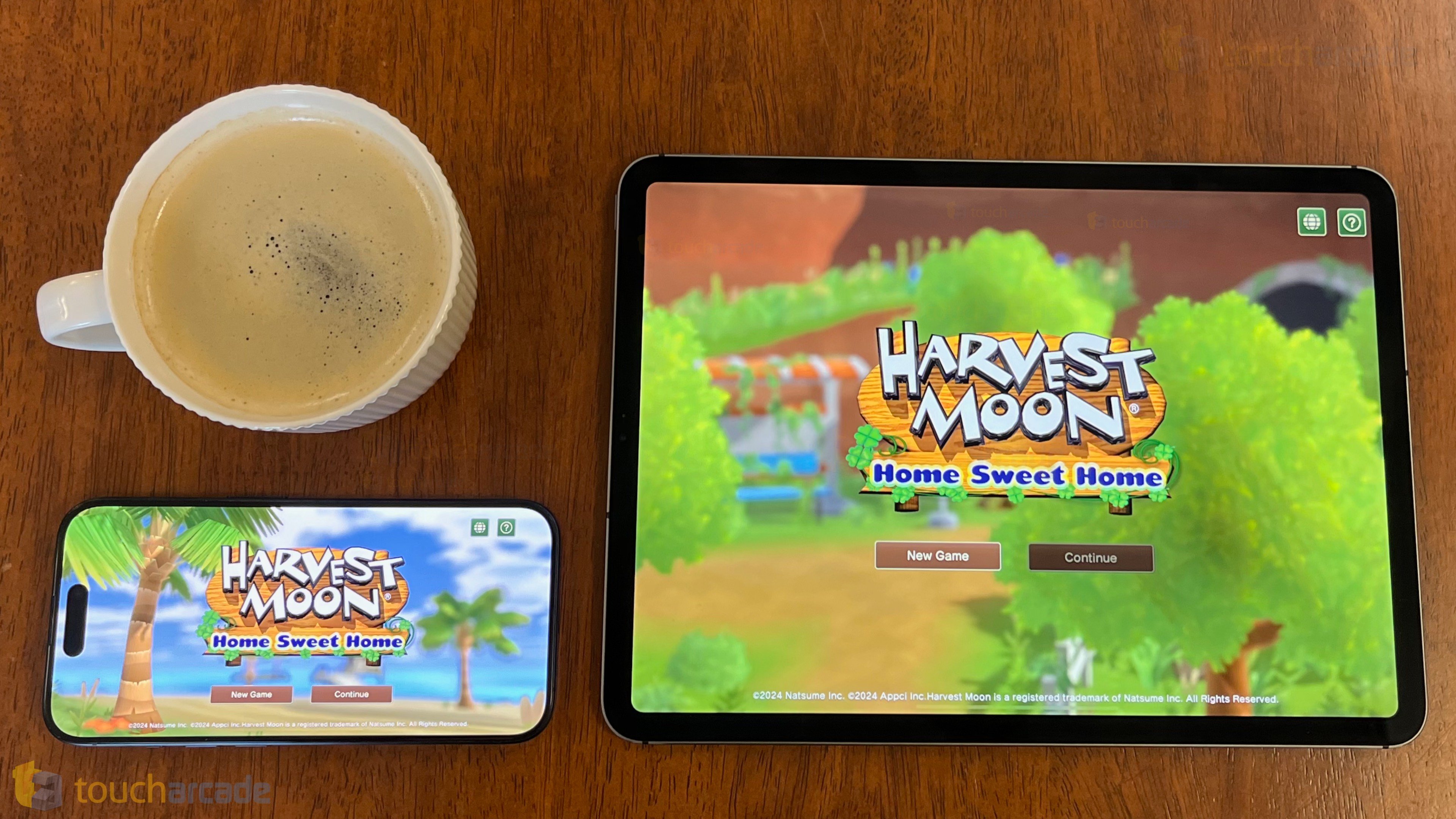
A lot of fans of the Harvest Moon series of games from Marvelous have been around since the SNES or N64 days, but I only got into it on 3DS with Story of Season. Back then, I had no idea about the name change and that Marvelous’ releases would be called Story of Seasons while Harvest Moon would be the name used by Natsume going forward. I’m making that clear now because I don’t want people confused about what Harvest Moon: Home Sweet Home is and also to give you my history with the series before getting into how I feel about Harvest Moon: Home Sweet Home ($17.99).
If you’re new to farming and life simulation games, Harvest Moon: Home Sweet Home takes you back from the city to a calming village where you fish, farm, interact with many NPCs, partake in festivals (that need to be unlocked), and even find a companion. The village of Alba, your new home, is dense and cozy (sorry but I had to), and I’m glad it isn’t a big open location because those usually result in a lot of empty spaces when it comes to life simulation games. If you’ve played many in the genre, think of Harvest Moon: Home Sweet Home as one that focuses more on the characters with a bit less depth when it comes to farming.

After a short tutorial explaining the basics of movement and a bit of farming, you unlock the map and main menu letting you save just about anywhere (this is very important for a mobile game), and this is where you get into the flow of Harvest Moon: Home Sweet Home where you try and finish quests for NPCs, upgrade your tools, gather, mine (this unlocks a bit later), and of course farm through the game’s main chapters.
The more I played Harvest Moon: Home Sweet Home, the more I realized that the developers understood what makes life and farming simulation games great, but fell short in some ways. These may or may not affect newcomers to the genre, but those who have played many recent games will find them lacking. The potential partners are likely the weakest aspect of Harvest Moon: Home Sweet Home. They just aren’t as interesting as other games in the genre. If you don’t care about that aspect, Harvest Moon: Home Sweet Home is quite a polished entry in the genre.

Approaching Harvest Moon: Home Sweet Home from a general life simulation game enthusiast’s perspective feels different though. While other platforms are spoiled for choice with tons of games from big and small developers, we don’t really see much like that on mobile, but that doesn’t make up for some of the flaws here, especially at a much higher price point. I think this is a very solid base that the developers can build on to the point where it would even be a great fit for PC and consoles. The only “mobile" aspect of Harvest Moon: Home Sweet Home right now is the touch control option.
Visually, aside from the performance and load times that I will cover below, Harvest Moon: Home Sweet Home looks very good. Some characters look generic, but the interface, farm, building layout, and everything looks good. I also appreciate that Harvest Moon: Home Sweet Home supports fullscreen on iPhone 15 Pro and iPad Pro. It really feels like a game properly tailored to mobile with its visuals and controls.
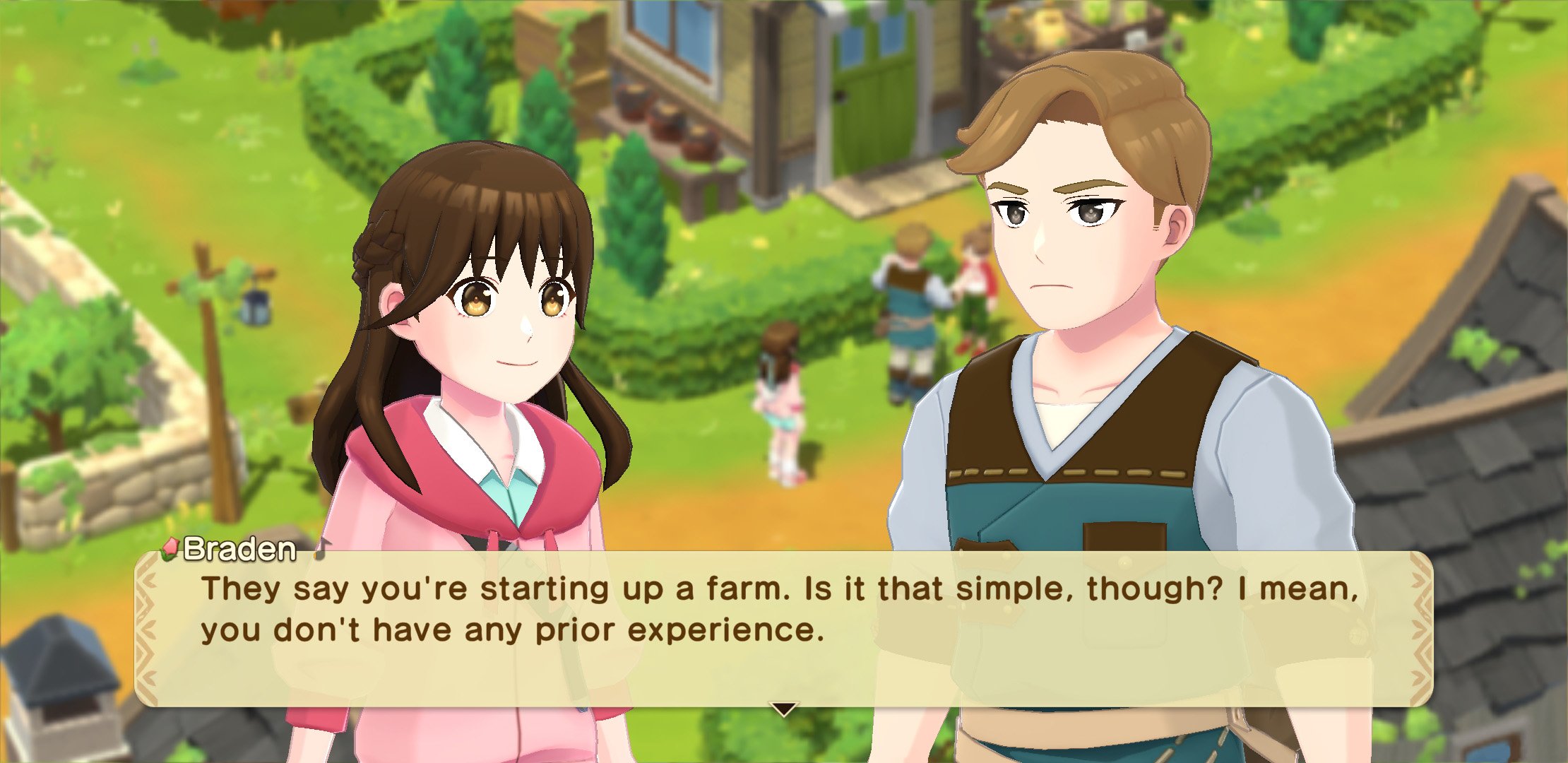
While Harvest Moon: Home Sweet Home does look nice visually for the most part, it is lacking when it comes to the character designs. This applies to your own character with customization options that should’ve been more detailed and also the main NPCs in the town. A lot of them feel lifeless even during cut-scenes. Barring that, I like the aesthetic a lot, and Harvest Moon: Home Sweet Home looks excellent on my iPhone and iPad. The one disappointment is in performance. Right now, Harvest Moon: Home Sweet Home is capped at 30fps on my iPhone 15 Pro and iPad Pro. I was expecting above 60fps let alone 60fps, but it isn’t possible to play at a higher frame rate now. The load times are also not as fast as they should be.
On the audio side, I was pleased with the music and sounds in Harvest Moon: Home Sweet Home. Nothing stood out to the point where I’d listen to it outside the game, but it sounded good and the music changes were appropriate to the gameplay.
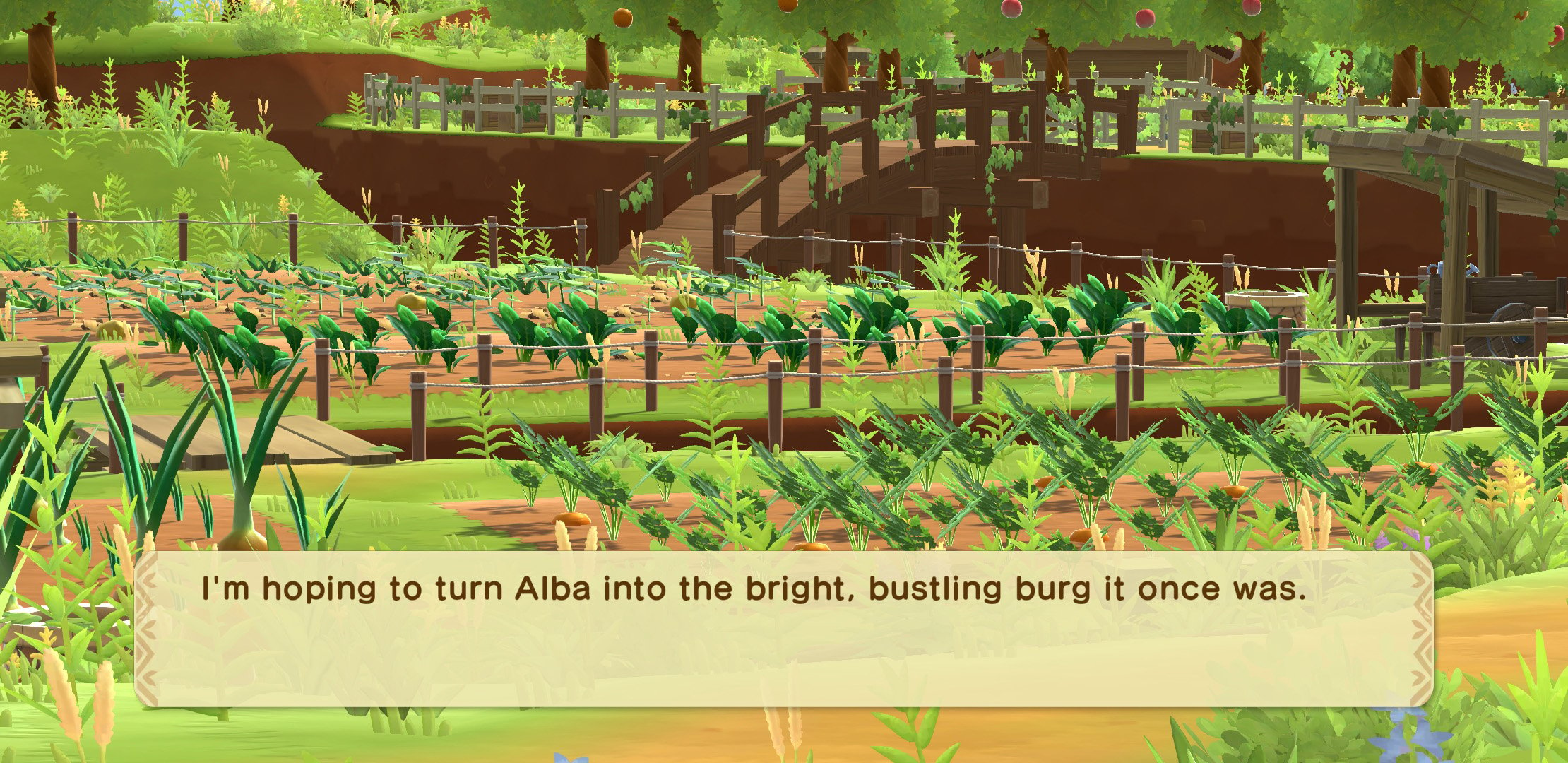
When Harvest Moon: Home Sweet Home was announced as a mobile-exclusive game, I was curious how it would control. The developers have done a fantastic job with the touch controls here letting you play by tapping to move, dragging to move, and more. Interacting with objects or characters, farming, and navigating menus all feel good. Some text and touch targets feel a bit too small on iPhone, but they are fine on iPad. I would’ve loved some haptic feedback on iPhone though for using tools and even fishing. Maybe this can be added in a future update.
If you’ve played the two best life simulation games on mobile: Stardew Valley and My Time at Portia, Harvest Moon: Home Sweet Home feels closer to the former, but it isn’t as polished. I dislike bringing up other games in the same genre to compare, but I’m doing it here specifically for the mobile port. Those two games were built for PC/console and brought over to mobile while Harvest Moon: Home Sweet Home was built for mobile and yet it doesn’t feel as tailored to the platform in its features.
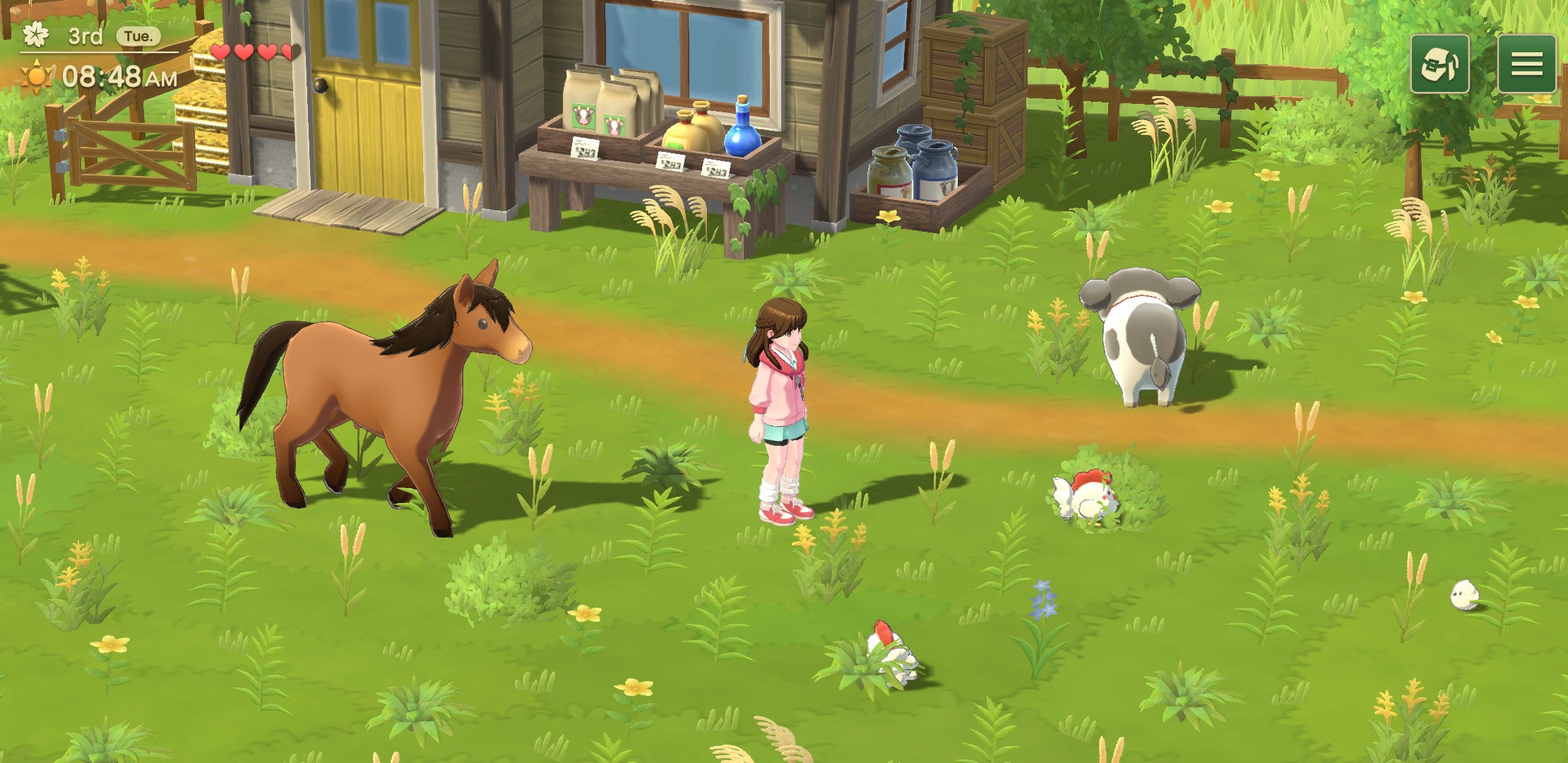
Harvest Moon: Home Sweet Home is a mobile-exclusive game, and while I appreciate the touch control scheme, it has a few issues right now when it comes to features. The lack of cloud saves is beyond disappointing. When I first downloaded Harvest Moon: Home Sweet Home on my iPhone, I played it for about three hours before picking up my iPad to see how it feels there. I found no way to get the save across, and still haven’t been able to move saves across devices. The lack of controller support is also disappointing for a game like this. The developers did a great job with touch controls, but it would be nice to have controller support for when I play on iPad. I would also like some quality of life features for movement, like we’ve seen in recent games in the genre.
As a newcomer to Natsume’s new Harvest Moon games but a fan of all the recent Story of Seasons and other life simulation games, Harvest Moon: Home Sweet Home ended up being worth playing, but it needs a few updates and features to be truly essential at full price. I have no issues with developers wanting to charge premium prices on mobile, but Harvest Moon: Home Sweet Home lacking basic features like cloud saves and controller support definitely makes it harder to recommend alongside a few other design issues. If the developers continue working on this, it will be one of the best in the genre on mobile, and I’m glad to see them take a chance on a premium mobile life simulation game because that is very rare.

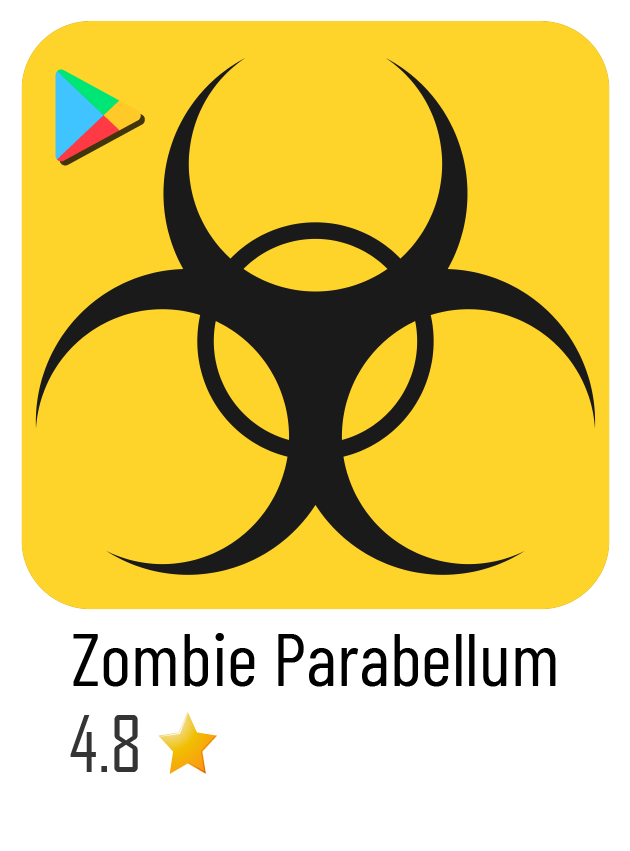
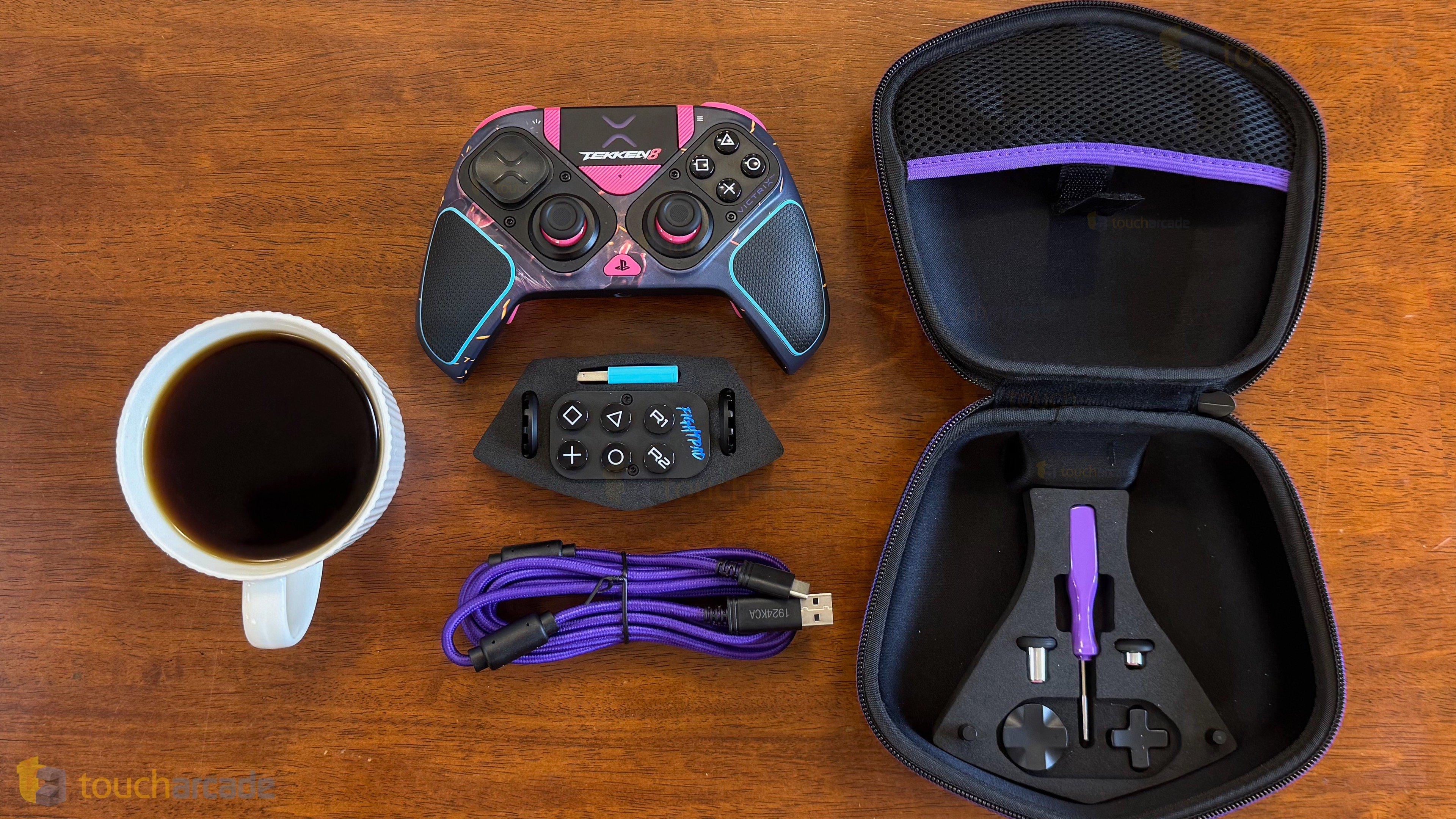
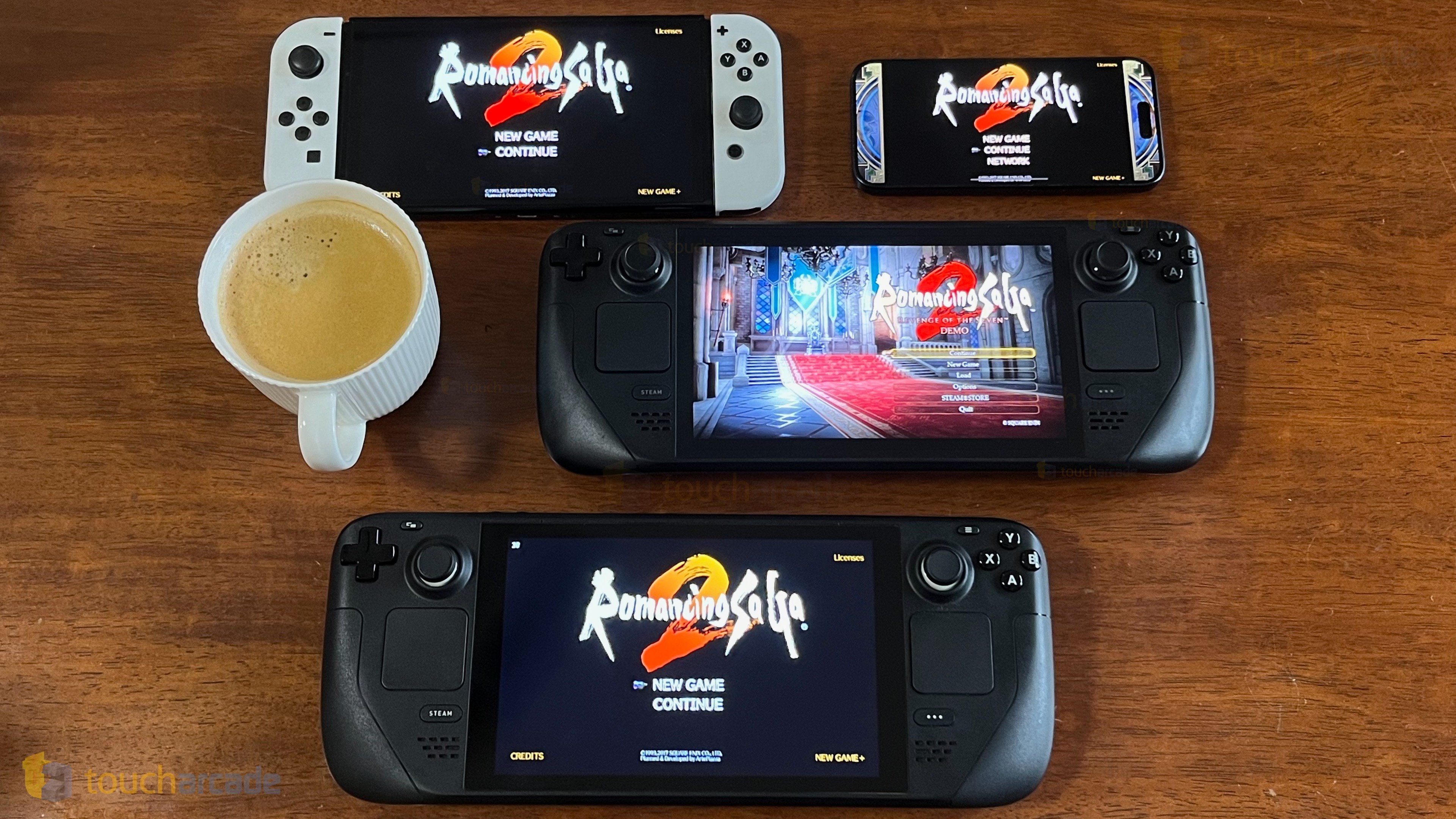

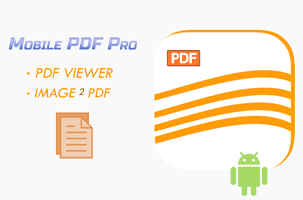






 English (US)
English (US)